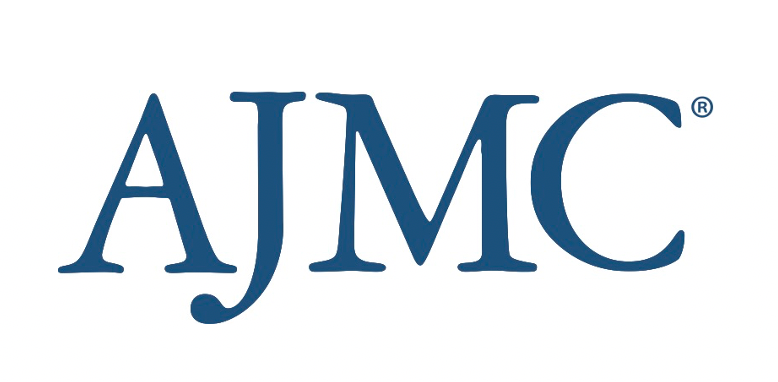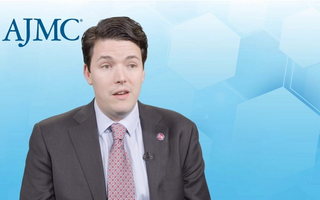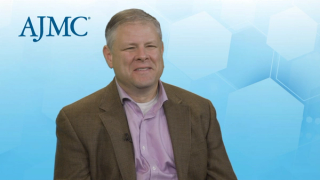
Reimbursement
Latest News

Latest Videos

CME Content
More News

Appeals court to review ruling wiping out some cost-free preventative services; a new legislation aims to boost reimbursement rates for medical providers; changes to coverage may limit elderly home care access
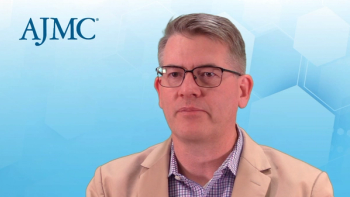
Leslie Busby, MD, chairman of the US Oncology Network Pharmacy & Therapeutics Committee, discusses the process of developing patient-centered care plans within the framework of an accountable care organization (ACO) and the importance of staying up to date with the latest best practices and therapies.
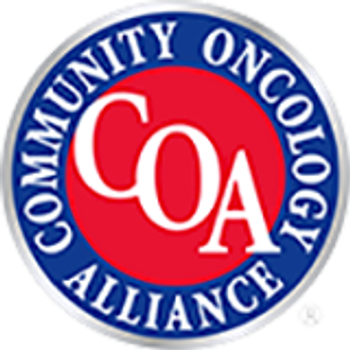
The Community Oncology Alliance (COA), which represents independent cancer care practices, has asked CMS to act following a dramatic drop in reimbursements from Express Scripts, Inc. effective January 1, 2024.

While adopting new payment models can come with challenges, there are strategies that can help oncology practices optimize their approaches, said Kathy Oubre, MS, CEO of Pontchartrain Cancer Center.
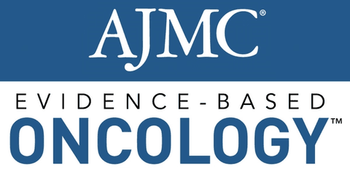

From an interview conducted during Patient-Centered Oncology Care 2023.

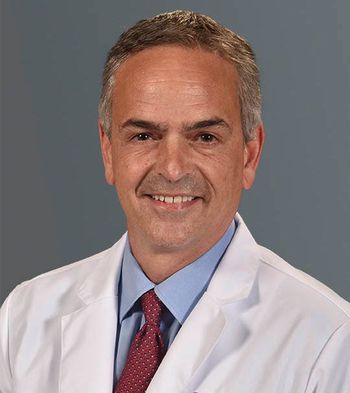
Over the past 20 years, Medicare physician pay has plummeted by 26% when adjusted for inflation, while hospital reimbursement has surged by 70%, prompting over 100,000 doctors to abandon independent practice for hospital or corporate employment since 2019.
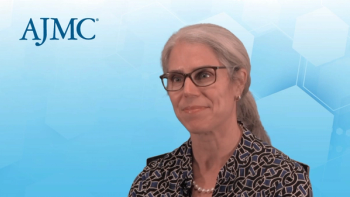
UnitedHealthcare is incorporating real-world evidence into pathways design and policy formulation, leveraging its members' data to evaluate the impact of different regimens on health resource utilization and costs, explains Lucy Langer, MD, MSHS, national medical director of oncology and genomics at UnitedHealthcare.
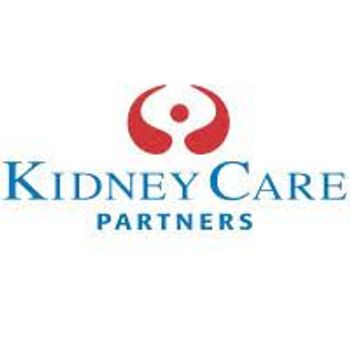
The authors call on Congress to reform Medicare reimbursement for dialysis, saying the recent rule puts clinics at risk of closure.
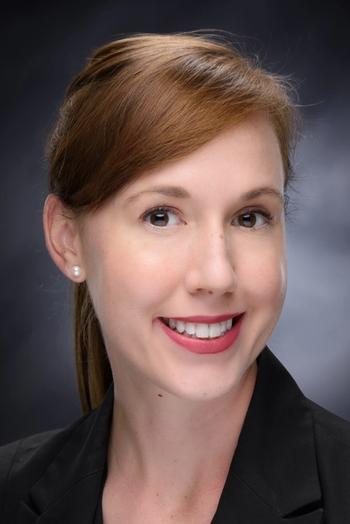
The author, chair of the Government Affairs Committee with the American College of Rheumatology, calls for support for efforts in Congress to reform the Physician Fee Schedule.
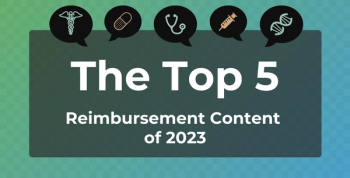
The most popular reimbursement content of 2023 included coverage of the shift from the Oncology Care Model to the Enhancing Oncology Model, reactions to the 2024 Medicare Physician Fee Schedule, and concerns around denial of services in Medicare Advantage plans.
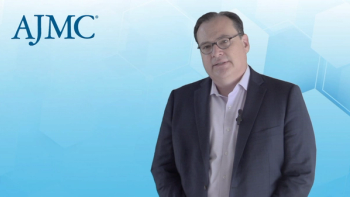
While the Enhancing Oncology Model is the successor of the Oncology Care Model, it includes some very real challenges for participating practices, explained Lalan Wilfong, MD, senior vice president of payer and care transformation at The US Oncology Network.
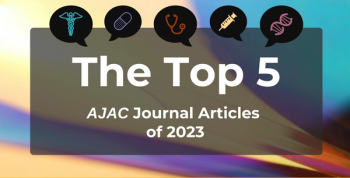
In 2023, the most-read articles published in The American Journal of Accountable Care® (AJAC) highlighted innovative care models, lessons learned from health system partnerships, and much more.
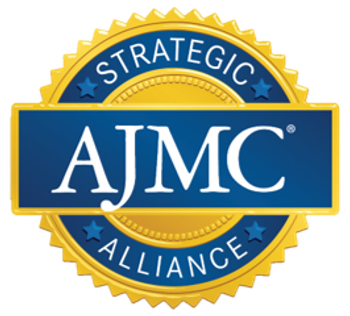
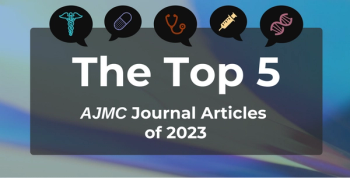
In 2023, the most-read articles published in the peer-reviewed The American Journal of Managed Care® (AJMC®) explored predictive models, opioid prescribing, and much more.

Coverage from The US Oncology Network Payer Transformation Summit, held September 27-29, 2023, in Atlanta, Georgia.
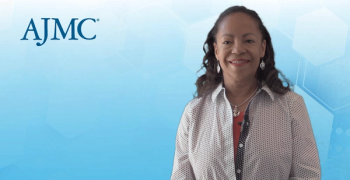
A one-size-fits-all approach to alternative payment models (APMs) often isn’t very fair to community practices, said Miriam Atkins, MD, FACP, president of the Community Oncology Alliance.

Coverage from The US Oncology Network Payer Transformation Summit, held September 27-29, 2023, in Atlanta, Georgia.

Initiative aims to enhance maternal health and birth outcomes; Wegovy success will help fund a vaccines initiative for respiratory diseases; new tactics aim to remove abortion from the 2024 ballot
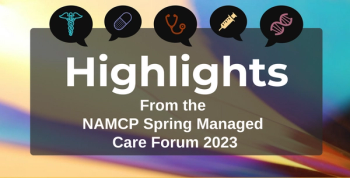
Top coverage from the National Association of Managed Care Physicians (NAMCP) Spring Managed Care Forum 2023 included sessions on value-based care implementation and best treatment practices.

The bipartisan bill would help lower Medicare costs and improve quality of care, according to the National Association of ACOs.
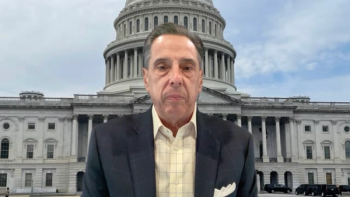
Activity to regulate pharmacy benefit managers (PBMs) has started in the states and is trickling up to the federal level, said Ted Okon, MBA, executive director of the Community Oncology Alliance.

The company is changing the way it prices prescription drugs and providing more transparency, which has been one focus of pharmacy benefit manager regulation efforts.

A new report highlighting the twin pressures hospitals have faced over the last 18 months shows that as reimbursement delays and denials increased and cash and investments decreased, operating expenses have risen sharply.



